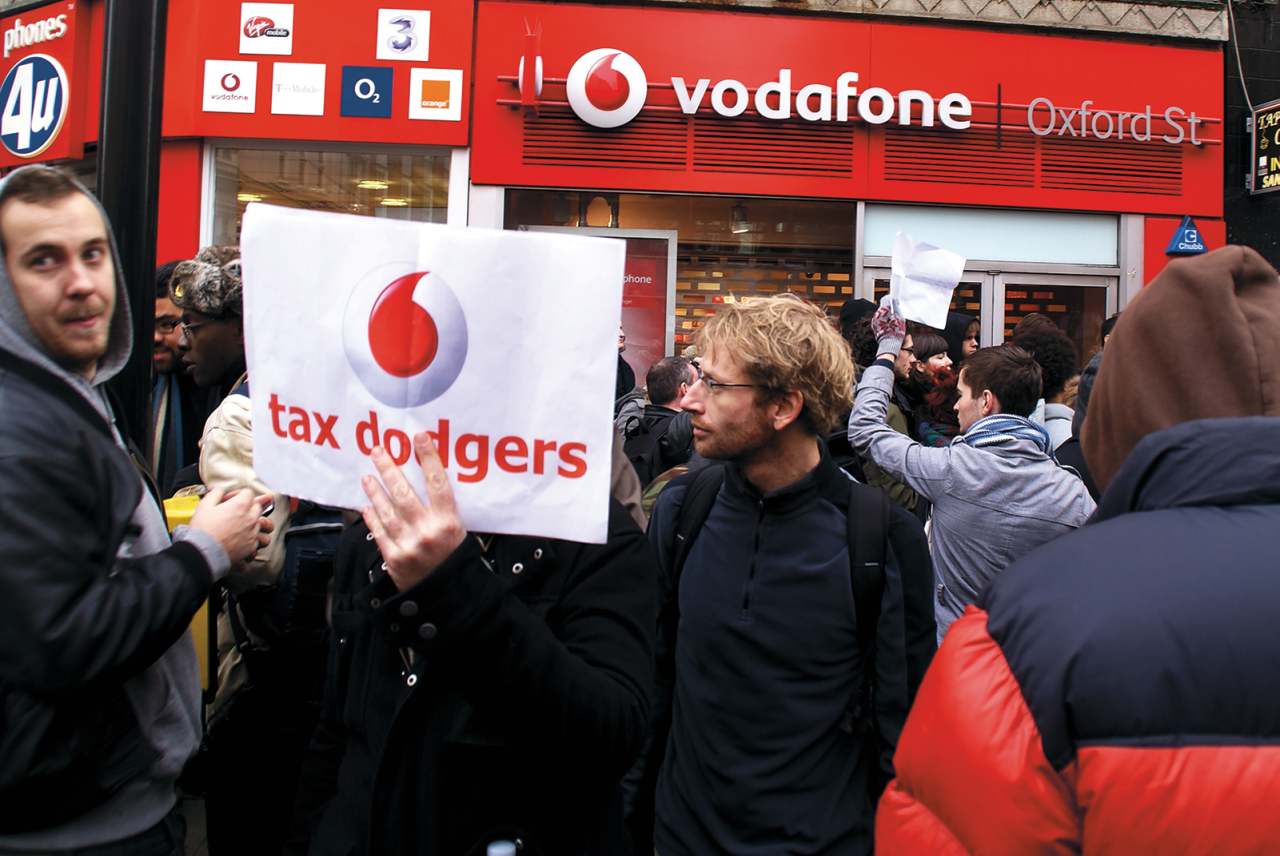“At the heart of the government’s anti-protest bill are new powers that are aimed at campaigns challenging the impact of corporate practices on climate change, human rights and equality,” Kevin from Netpol told us.
“From the arms trade and the oil and gas industry to investment by companies in countries with repressive regimes, often one of the few options for campaigners without access to power is to protest. The bill seeks to introduce new powers that restrict protests that impact businesses,” Kevin says.
The proposed legislation will also change who can decide what counts as ‘illegal’ protest, outlawing them “based on subjective grounds such “serious annoyance” or “serious unease”. Worse,” Kevin says, “the Home Secretary will have powers to define what these terms mean, without needing to consult Parliament.”
The bill, which was introduced by current Home Secretary, Priti Patel, and is being opposed by Labour, will now go to committee before being discussed by the House of Lords. After widespread condemnation, the Conservative Party has delayed the committee reading until after Easter.
Undermining protests and enabling discrimination
The list of criticisms against the bill is staggering. If passed, it will increase maximum prison sentences for protest organisers 266% from 3 to 11 months and ban protests from congregating around Parliament. It would increase maximum sentences for defacing a statue from three months 10 years, which could see some protesters receiving double the minimum term for those prosecuted for rape.
It has also been accused of opening the door to serious discrimination. Not only does it expand stop and search powers, with black male Londoners already 19 times more likely to be stop and searched than the general population; it directly undermines the rights of Gypsy, Roma and Traveller communities.
Police powers already expanded
But it’s not only the bill that has sparked major concern.
“Somewhat sidelined by the initial publication of the bill was the thematic review by HM Inspectorate of Constabulary (HMICFRS) the following day on the effectiveness of policing protests.”
Kevin explains that unlike the bill, which will need to be voted into law, the recommendations from the review are going ahead “whether we have new laws or not.”
“This report gives the green-light to more surveillance on campaigners and a new label – “aggravated activists”. Its definition includes campaigners seeking political or social change “that involves unlawful behaviour or criminality...or causes an adverse economic impact to businesses”.”
So, who could actually be targeted?
“Under this definition, not just those who are arrested, never mind the smaller number who are eventually charged and successfully prosecuted, but potentially anyone who causes disruption to any of a company’s business activities can find themselves included within it.
“By designating a campaign in this way, all those associated with it may also find themselves labelled “aggravated activists” – even if they do nothing unlawful. It essentially means anyone that a new police unit secretly decides to target.”
New police unit
The new police unit is essentially a resurrected version of the formed National Public Order Intelligence Unit, Kevin explains. The unit came under serious scrutiny in 2011, when it emerged that it had been ordering police officers to infiltrate political activist groups, mainly on the left, since 1968.
At least 139 undercover officers had infiltrated the groups; many forming deep friendships or romantic relationships with members, and at least three fathering children with activists. Groups targeted included climate movements, anti-Vietnam war organisations, and the campaign seeking justice for Steven Lawrence.
A public inquiry into the abuses is ongoing.
Now, Kevin says, the new unit is permitted to start “building profiles on key local and national organisers.” He says that the report “increases the likelihood they will face arrest and, as the HMICFRS acknowledges, even justifies police infiltration of campaign groups” again.
What do the changes mean for the ethical consumption movement?
Protest and movement building have always been key to the ethical consumption movement, and a cornerstone for campaigns tackling corporate power.
“If passed, the new police bill will make it far more difficult to demonstrate outside a corporate headquarters, or an embassy, or a store belonging to a company that mistreats its workers,” Kevin explains, “but labelling individuals as “aggravated activists” already allows the police to actively disrupt their entire campaigns. Amid public anger at just how astonishingly terrible the new proposed legislation is, we must not lose focus on the way the government seeks a far greater, more secretive attack on freedom to protest. These are dark times for human rights.”


